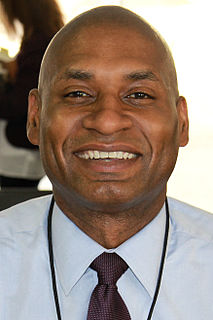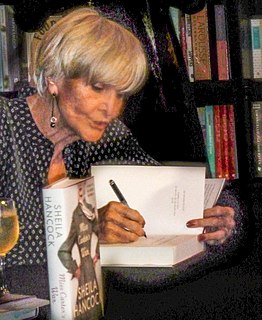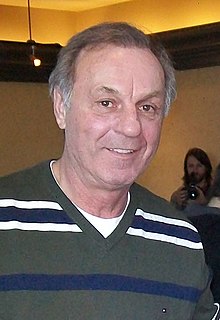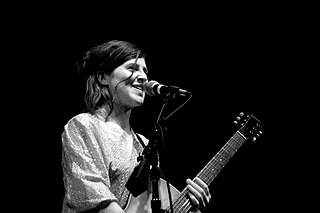A Quote by Suzan-Lori Parks
Everything I write doesn't appear to be biography until later. I often say that I've never written about anything I've experienced. Of course, that's not true. But it doesn't appear familiar to me at all. And maybe that's because I have to be in a kind of coma in order to write. If it appeared familiar, I wouldn't.
Related Quotes
Thoughts are created in the act of writing. [It is a myth that] you must have something to say in order to write. Reality: You often need to write in order to have anything to say. Thought comes with writing, and writing may never come if it is postponed until we are satisfied that we have something to say...The assertion of write first, see what you had to say later applies to all manifestations of written language, to letters...as well as to diaries and journals
When I start to write a song, I initially fall into patterns and creative habits that are familiar, and because they're familiar, they sound convincing. It's important for me to not pursue those ideas, because I've already done them, but to find ideas that are different and feel strange to write and disconcerting to write.
I know that a lot of songwriters write about a break up. It's a really popular topic. I think heartbreak is the number one thing people write about. I could say that's narcissistic somehow because they want everybody to admire how pained they are. But I actually do think there's something beautiful and uplifting about knowing that you're not the only one who is experiencing or has experienced that kind of devastating loss. Everyone's experienced that.
Quite generally, the familiar, just because it is familiar, is not cognitively understood. The commonest way in which we deceive either ourselves or others about understanding is by assuming something as familiar, and accepting it on that account; with all its pros and cons, such knowing never gets anywhere, and it knows not why.... The analysis of an idea, as it used to be carried out, was, in fact, nothing else than ridding it of the form in which it had become familiar.
I had a student once come up to me and we were talking about this incident, and, of course, I never had the right thing to say. But later on, I realized I should have said: Don't write about trying to change the world, just write about a changed world or a world that's not changing. Let that do the work.
I feel as though I never had choice not to be a writer. I feel in my heart of hearts that writing chose me and this is what I must do. I have no choice but to write, and to write, and to write, because my very life depends on it. And to assume that, of course, everyone in the entire universe wants to read what I've written.







































